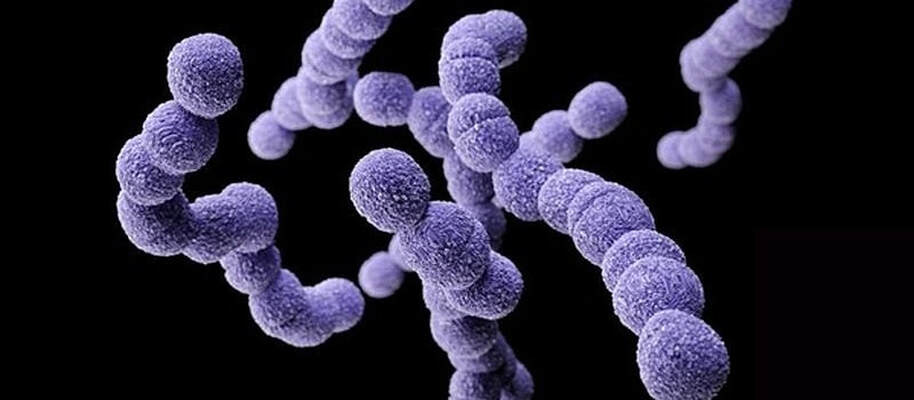Understanding the Pathogenic Mechanisms of the Group A Streptococcus
Kevin S. McIver, Ph.D., Professor & Chair
Dept. of Cell Biology and Molecular Genetics & Maryland Pathogen Research Institute
University of Maryland, College Park, MD 20742
Infectious diseases, whether bacterial, viral, fungal or parasitic, continue to be a major source of morbidity and mortality worldwide. Thus, understanding how these pathogens cause disease and avoid our immune responses is a global health concern. Work in the McIver Lab utilizes genomics, genetic screens, and animal models of infection to study the molecular mechanisms that underlie the interaction of bacterial pathogens and their human host during infection. In particular, what are interested in the “virulence factors” produced by the pathogen that are critical for disease and immune evasion, how are factors are regulated during infection, and how the physiology of the pathogen influences its fitness in various host environments. Our primary model system is Streptococcus pyogenes or the Group A Streptococcus, a Gram-positive bacterial pathogen that causes a significant clinical burden globally. However, we are also interested in other pathogenic Streptococci such as Group B Strep, Enterococci, and Staphylococci.
Centers for Disease Control

